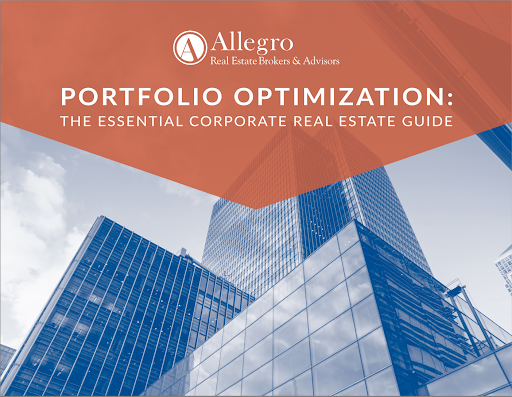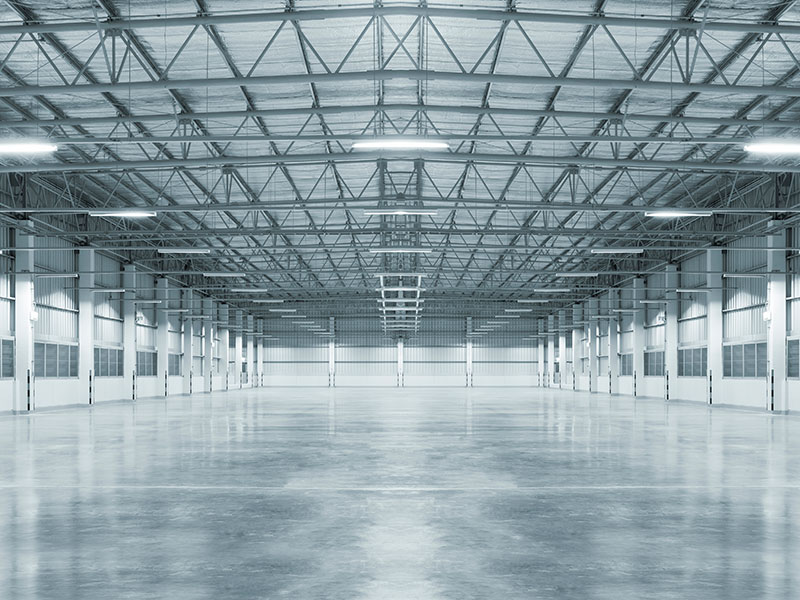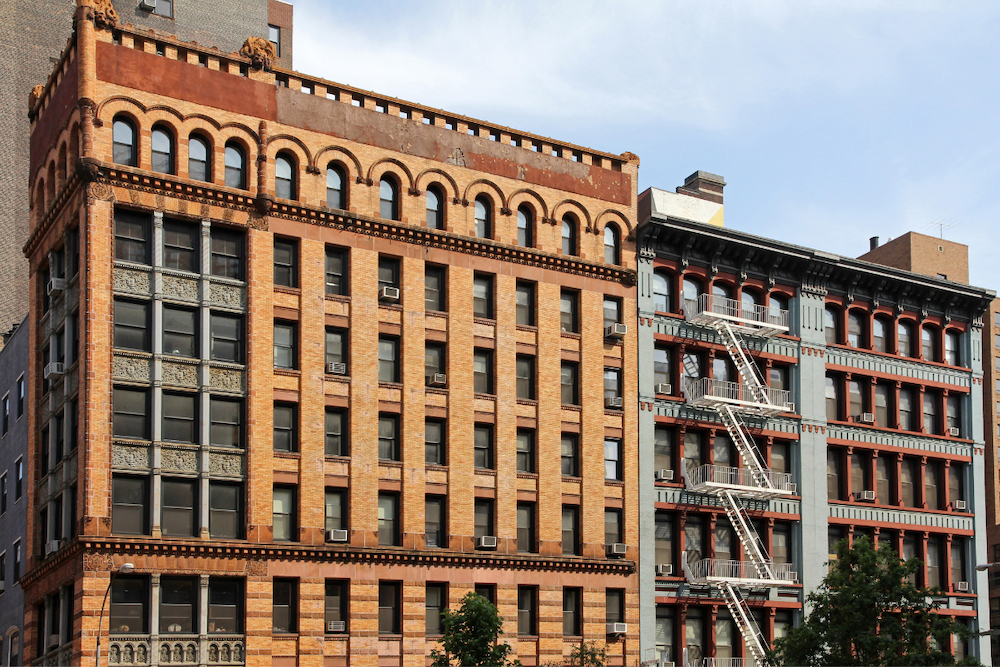For some companies, the use of hazardous materials is an unavoidable part of business. Without these hazardous materials, many organizations simply would not be able to operate. Hazardous waste can be anything from chemicals and non-biodegradable waste products, to medical waste and radioactive waste.
Hazardous materials used in business may include dry cleaning products, gasoline, paint, electronic parts, or agricultural products like fertilizers and pesticides.
Because these materials have severe, adverse impacts on the environment, they must be stored, maintained, and disposed of properly. Beyond the environmental impacts, the improper or illegal use and disposal of harmful materials can pose a serious threat to not only yourself, but also to nearby and future tenants that use the same contaminated space.
To ensure hazardous materials are properly and safely used, most commercial lease agreements include a use of hazardous materials provision.
What Is the Use of Hazardous Materials Provision?
In many cases, property owners place strict limitations on which hazardous materials they allow tenants to keep within their space. For example, with the exception of ordinary cleaning supplies, tenants are not permitted to bring hazardous materials onto the premises, unless proven that they are needed to conduct business. Additionally, tenants must comply with environmental laws and are responsible for contamination and remediation of cleanup if required.
Depending on the materials used, the use of hazardous materials provision may require tenants to disclose which hazardous materials they use. While a wide range of companies use an equally diverse range of hazardous materials, some of the most common materials include:
- Solvents for degreasing or cleaning.
- Materials for wastewater treatment systems.
- Fuel, auto grease, and manufacturing fluids.
- Aerosols.
- Corrosives.
- Dry ice.
- Flammable liquids and solids.
It’s also important to note that the provision will almost certainly include both hazardous materials and hazardous waste, including, but not limited to:
- Used batteries.
- Waste oil.
- Spent solvent waste (methylene chloride, carbon tetrachloride, and chlorinated fluorocarbons).
- Electroplating/other metal-finishing wastes.
- Dioxin-containing wastes (tri-, tetra-, and/or pentachlorophenol).
- Chlorinated aliphatic hydrocarbon wastes.
- Wood-preserving wastes.
- Leachate.
If you’re unsure if your business is using or producing hazardous materials, check the EPA’s list of hazardous materials.
Consequences of Violating the Hazardous Materials Provision
There are severe consequences associated with the reckless use of hazardous materials and improper waste management practices. In many cases, negligence or infractions could result in injury or death, environmental pollution, and property damage.
A violation of the hazardous materials provision not only means you’ve breached your lease but also EPA laws.
If hazardous materials cause a leak, fire, or explosion, your building (and possibly neighboring buildings) may be evacuated for months to allow law enforcement, disaster crews, and insurance companies to conduct a full inspection and property repairs.
In some cases, an adverse event or damages caused by hazardous material or waste may result in a lawsuit. Lawsuits related to the incident could put already-struggling or small companies out of business; many organizations simply cannot afford to be negligent or ignorant of which materials are and are not allowed on the premises.
Beyond damage to the building, hazardous leaks, fires, or explosions affect the subsurface beneath a property, including groundwater and soil. If the subsurface damage is significant, it could leach into the local water supply, impacting hundreds or thousands of residents. Nearly any event involving improper use, storage, or disposal of hazardous materials can result in termination of the lease by the landlord and impart extensive liability to the tenant.
Understand Each Element of Your Use of Hazardous Materials Provision
No matter your industry, it’s critical that you understand and follow the terms outlined in your use of hazardous materials provision. If a leak, fire, explosion, or adverse event occurs, you should anticipate fees, penalties, damages, and potential lawsuits, depending on the severity of the event. It is in your and your community’s best interests that you diligently follow the terms included in your hazardous materials provision.
Want More Commercial Real Estate Resources?
Our blog features frequent content, straight from our commercial real estate experts. Subscribe to receive weekly content right in your inbox, on topics like advice and opinions on the state of the industry, market reports, and updates about the Allegro team.







